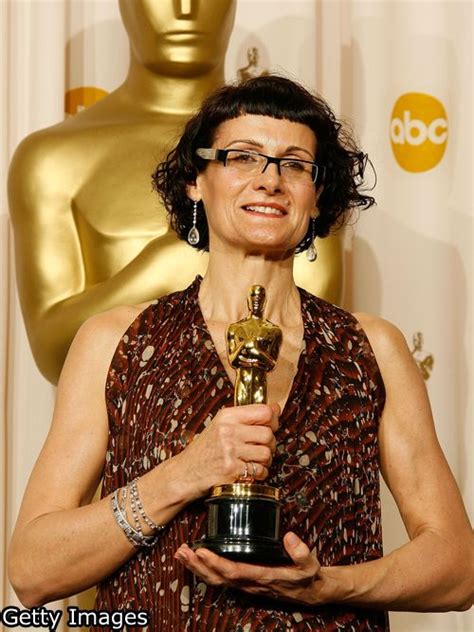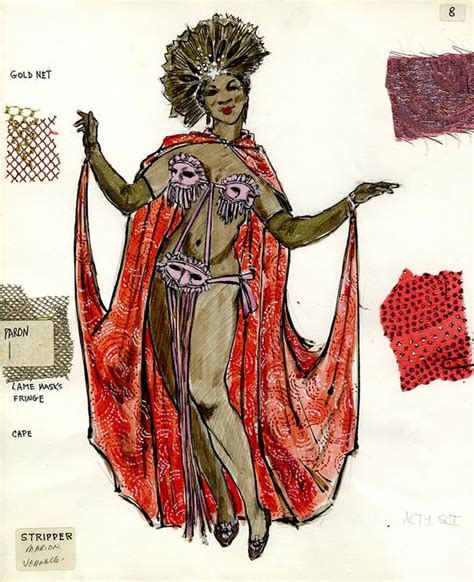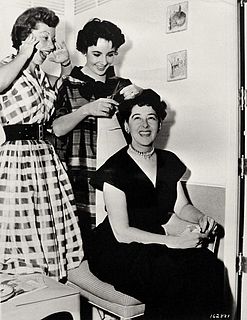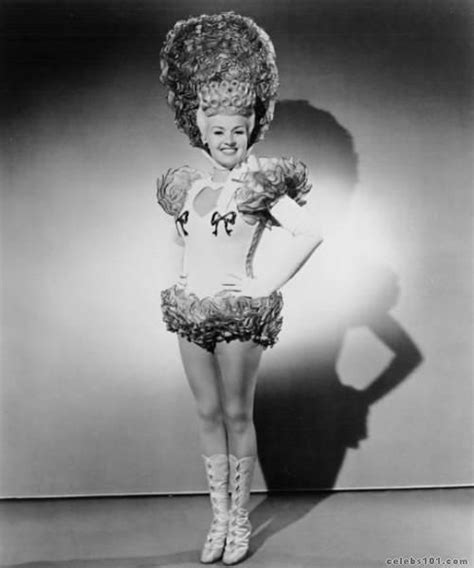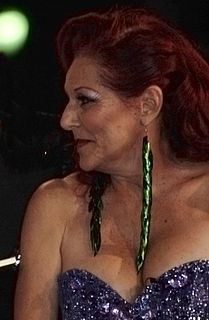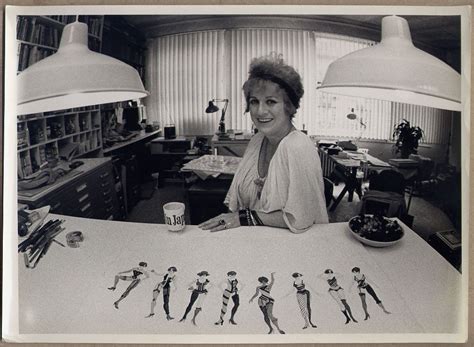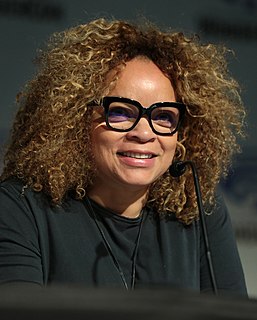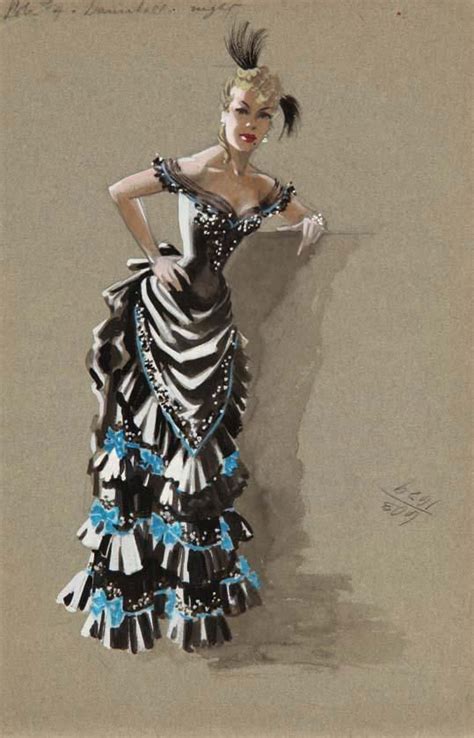A Quote by Jean Louis
Related Quotes
In truth, opinion may be taken for understanding; understanding cannot be taken for opinion. How so? Surely because opinion may be deceived; understanding cannot be. If it could, it would not be understanding but opinion. For true understanding has not only certain truth, but the knowledge of truth.
The peculiar evil of silencing the expression of an opinion is, that it is robbing the human race; posterity as well as the existing generation; those who dissent from the opinion, still more than those who hold it. If the opinion is right, they are deprived of the opportunity of exchanging error for truth: if wrong, they lose, what is almost as great a benefit, the clearer perception and livelier impression of truth, produced by its collision with error.
We have hitherto considered only two possibilities: that the received opinion may be false, and some other opinion, consequently, true; or that, the received opinion being true, a conflict with the opposite error is essential to a clear apprehension and deep feeling of its truth. But there is a commoner case than either of these; when the conflicting doctrines, instead of being one true and the other false, share the truth between them.
There are two threats to reason, the opinion that one knows the truth about the most important things and the opinion that there is no truth about them. Both of these opinions are fatal to philosophy; the first asserts that the quest for truth is unnecessary, while the second asserts that it is impossible. The Socratic knowledge of ignorance, which I take to be the beginning point of all philosophy, defines the sensible middle ground between two extremes.
'In his celebrated book, 'On Liberty', the English philosopher John Stuart Mill argued that silencing an opinion is "a peculiar evil." If the opinion is right, we are robbed of the "opportunity of exchanging error for truth"; and if it's wrong, we are deprived of a deeper understanding of the truth in its "collision with error." If we know only our own side of the argument, we hardly know even that: it becomes stale, soon learned by rote, untested, a pallid and lifeless truth.'
Truth always rests with the minority, and the minority is always stronger than the majority, because the minority is generally formed by those who really have an opinion, while the strength of a majority is illusory, formed by the gangs who have no opinion - and who, therefore, in the next instant (when it is evident that the minority is the stronger) assume its opinion ... while Truth again reverts to a new minority.
All the followers of science are fully persuaded that the processes of investigation, if only pushed far enough, will give one certain solution to each question to which they can be applied.... This great law is embodied in the conception of truth and reality. The opinion which is fated to be ultimately agreed to by all who investigate is what we mean by the truth, and the object represented in this opinion is the real.













